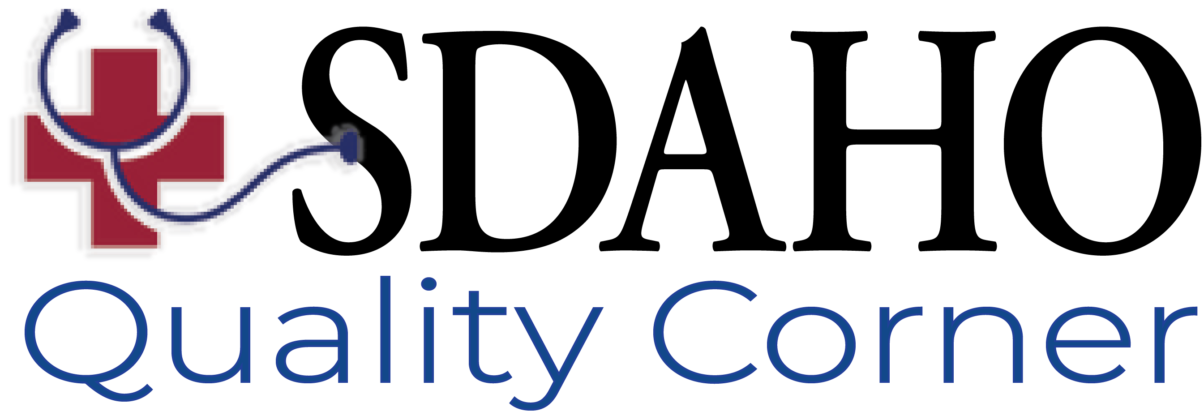Across the United States, there have been pressing concerns related to opioid related overdoses. Drug overdose related deaths have been increasing since 1999. Over the course 2019 to 2020, there was a 31% increase in opioid related overdoses (cdc.gov). In South Dakota, this trend continues as the state has seen a steady increase in opioid related deaths since 2012 (avoidopioidsd.com).
Contrary to popular belief, rural communities share similar risk levels with urban settings for opioid-related deaths. In 2019, the age-adjusted rates for opioid-involved deaths were 22.0 per 100,000 people in urban counties and 19.6 people per 100,000 people in rural areas (cdc.gov). Thus, while some may believe that this issue is more present in urban areas, rural communities are also vulnerable and experiencing this issue. Additionally, each setting experiences different trends that vary based on the type of drug involved. Both urban and rural communities experience similar rates of overdose deaths involving natural and semisynthetic opioids, such as oxycodone, hydrocodone, and codeine (cdc.gov). However, rural communities experience higher rates of overdose deaths involving psychostimulants, such as methamphetamine, amphetamine, and methylphenidate, with rates being 1.4 times greater than in urban communities (cdc.gov).
SDAHO recognizes the issue and is working with the South Dakota Department of Health and our members to address this pressing concern. One resource SDAHO is utilizing to address this and keep our communities safe is through the implementation of the states Emergency Department Provider Tool kit. The tool kit consists of various screening tools to improve opportunities to screen patients for opioid use disorder and provides resources to link patients to care in their communities and throughout the state. Even though the name of the tool kit implies use in the emergency room, these same tools can be utilized in various healthcare settings and just as important, for other various substance abuse disorders such as alcohol.
The SDAHO Clinical Improvement Consultants (CIC), Loretta Bryan, and Michelle Hofer, provide technical assistance to our member hospitals on the tool kit. In addition, Debra Morello, SDAHO RN Educator, has joined in the efforts and is available to provide education specific to opioids and the much needed soft skills in managing these difficult situations. The combination of the expertise in the tool kit and the education adds values to our member hospitals as they combat this growing issue.
If you are interested in becoming involved in the project, there are several ways for you to connect.
- SDAHO CICs offer a 1:1 assessment with your hospitals to gauge your current state, identify gaps if any, and develop a plan for action. The CICs breakdown the steps and provide time saving, easy strategies to implement that can result not only in improved patient care but improved health outcomes and community benefit. All this is available free of charge.
- Attend the upcoming SDAHO Convention September 21-23 in Sioux Falls. You can learn more about this program by attending the session, Linkage to Care: Managing the Opioid/Substance Use Disorder Challenges. This session is scheduled for September 22 at 1:15 pm to 2:15 pm and will feature panelists from a member hospital, MAT provider, and a community member. The discussion will be moderated by Stephanie Rissler, SDAHO’s Communication Manager.
- Participate in an upcoming SDAHO Office Hours that will feature a case study to discuss and develop strategies from the tool kit to manage the care. Details regarding the SDAHO Office Hours are in development and will be released soon. Keep any eye out for more information on this learn, teach, and apply strategies method in the coming weeks.
If you are ready to get started or have questions regarding the work, please contact Loretta Bryan at Loretta.Bryan@sdaho.org or Michelle Hofer at Michelle.Hofer@sdaho.org to set up your hospital’s assessment and next steps. We are looking forward to partnering with you to improve health outcomes for South Dakotans.




